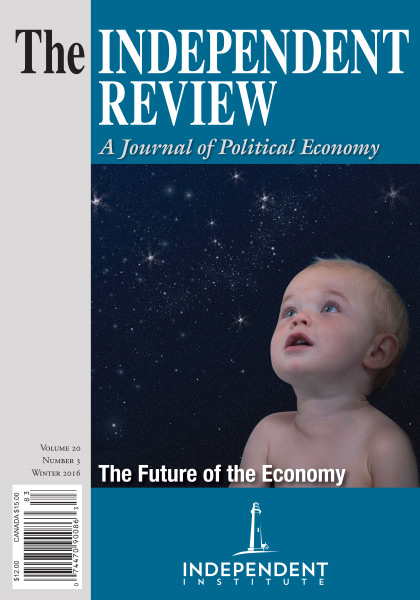Coffee makers, bathroom showers, and many other household items will be able to adapt to patterns of human behavior, enabling their users to optimize energy consumption, save money, and improve environmental quality. Technologically advanced homes will connect to a smart power grid that creates a transactive market platform, fostering new relationships between electricity producers and consumers.
L. Lynne Kiesling is Senior Lecturer in the Department of Economics and the Social Enterprise in the Kellogg School of Management at Northwestern University.
| Other Independent Review articles by L. Lynne Kiesling | |
| Fall 2014 | Incumbent Vertical Market Power, Experimentation, and Institutional Design in the Deregulating Electricity Industry |
| Summer 2014 | U.S. Energy Policy and the Pursuit of Failure |
| Fall 1996 | Public Goods and Private Communities: The Market Provision of Social Services |









